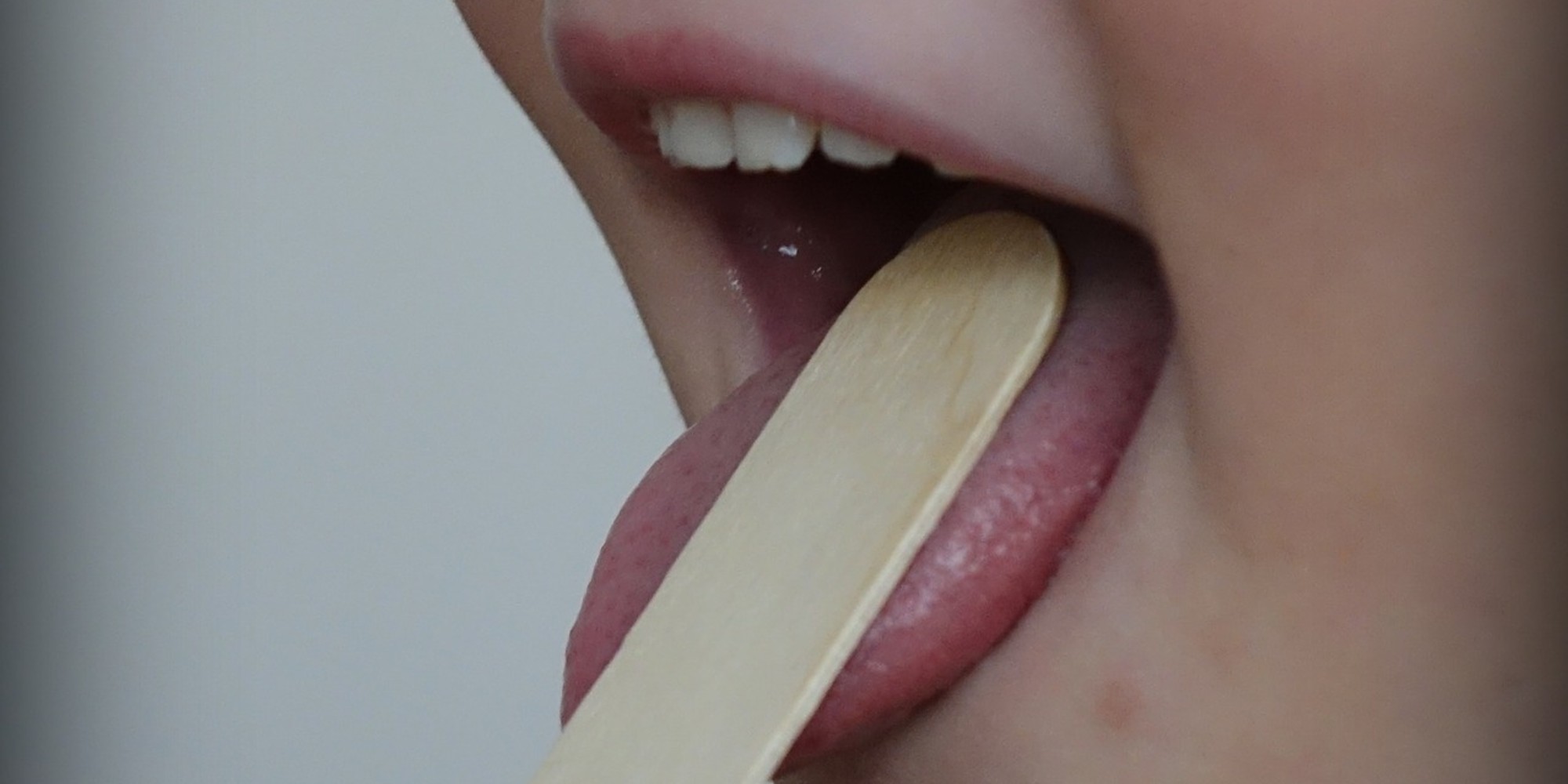In the new program of Europe 1, "Historically yours", Stéphane Bern looks at the roots of an expression of everyday life.
Tuesday, the host returns in "The word of the end" on the origins of the "language of wood", this curious disease which often strikes the political personalities.
Accusing your opponent of playing "tongue in cheek" is a common practice in political circles which allows you to discredit your opponent. This stereotypical speech does not ultimately say much. But where does this image come from? In the program
Historically yours
with Matthieu Noël, Stéphane Bern is interested in the roots of this expression.
"But where does the expression 'to use the tongue of wood' come from, which designates this moment when a political figure, or not, can do nothing other than chain banalities or worse, lie, because playing fair? becomes for him totally impossible?
>> Find the shows of Matthieu Noël and Stéphane Bern in replay and podcast here
'Langue de bois' is an oxymoron, that is to say two terms whose meaning is opposed: the agility of the tongue and the rigidity of the wood.
It is an expression which was born in the middle of the XXth century, which we owe originally to the official Soviet discourse: in Poland during the Solidarnosc movement, we spoke of a 'frozen language'.
Tongue of oak, lead or concrete?
The Russians themselves spoke of 'oak tongue' to describe their own bureaucracy;
in China we speak of 'tongue of lead', in Germany of 'concrete'.
Our most teasing comedians at one time made fun of Jack Lang who spoke the language of Blois, the city where he was mayor for 11 years.
We will end with this joke from the excellent playwright Jean-Michel Ribes, who qualifies the language of wood as follows: 'Tongue of wood, an ecological language that does not pollute thought, insofar as it does not contain any. . '"

